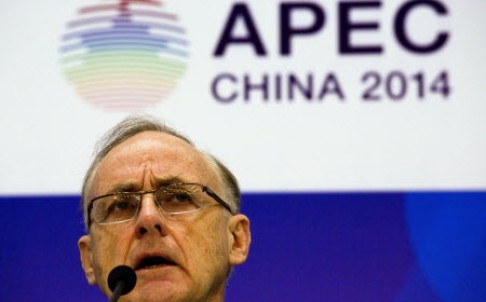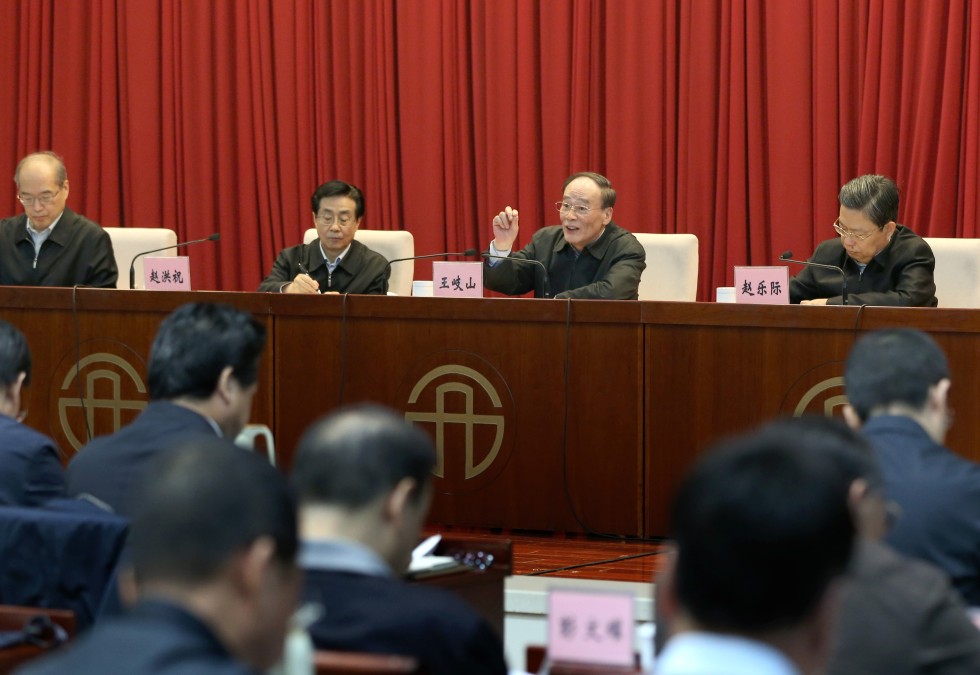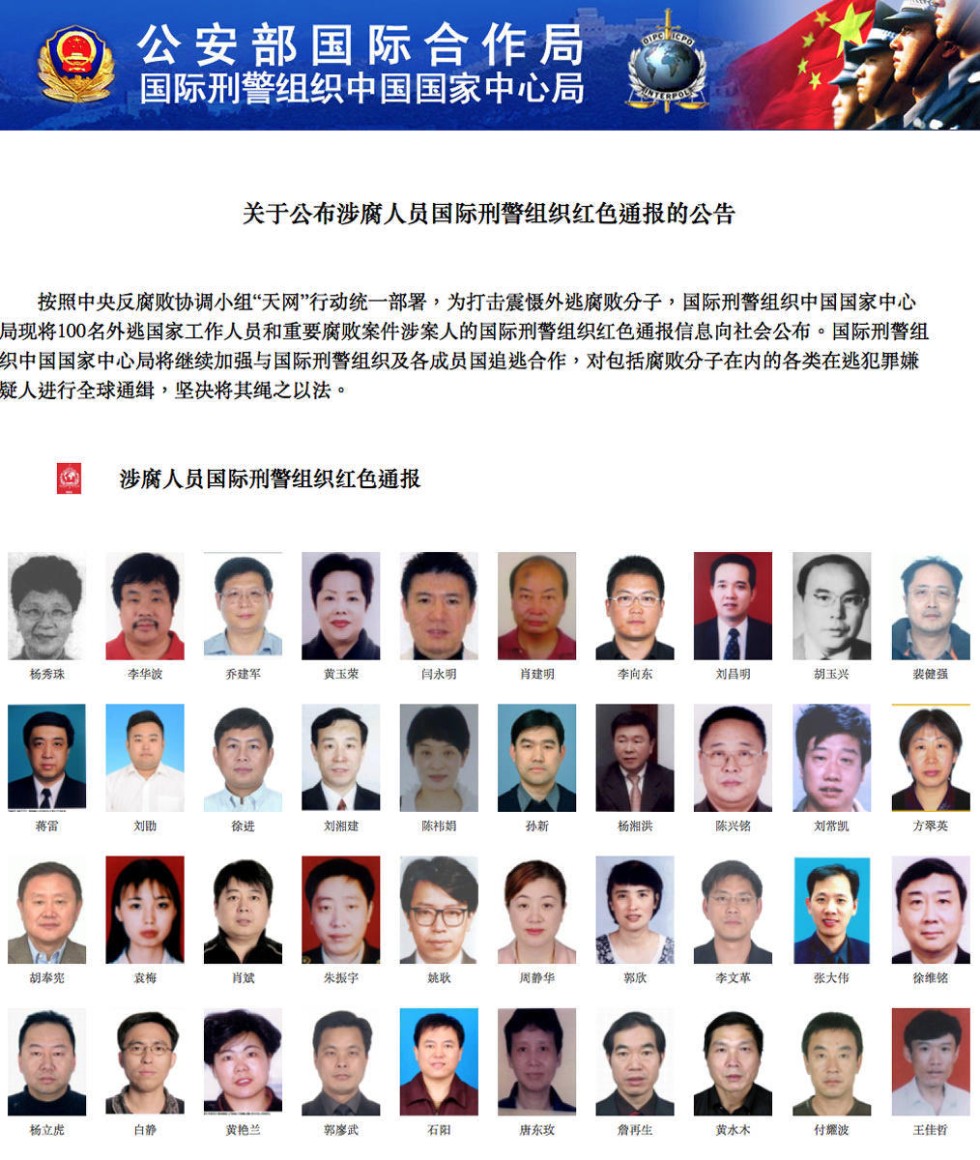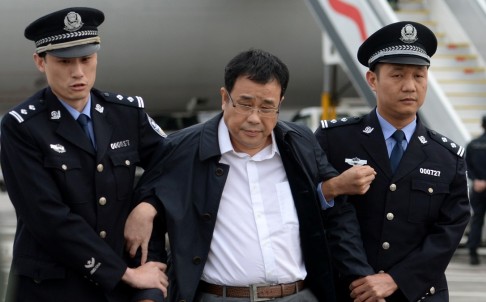.....starting with Jover Chew
3 reasons why India's rich stash money abroad
November 03, 2014 14:33 IST
Instead of chasing chimeras or politically motivated witch-hunts, we need to focus on the phenomenon of black money. The point is not how it is created but why, notes Sunanda K Datta-Ray.

Image: The Indian government is keen to bring back black money stashed abroad. Photograph: Reuters
Ram Jethmalani was once asked why he defended obvious bad eggs.
His disarming reply was he had to earn enough to afford to represent the virtuous poor.
Since the exchange took place at a party and the questioner was an attractive young woman, Jethmalani was probably being gallant or facetious.
But many a true word is spoken in jest, and his answer was a reminder that good and bad, legal and illegal, black money and white are often inextricably linked.
Most lawyers and doctors accept only cash payment without giving a receipt.
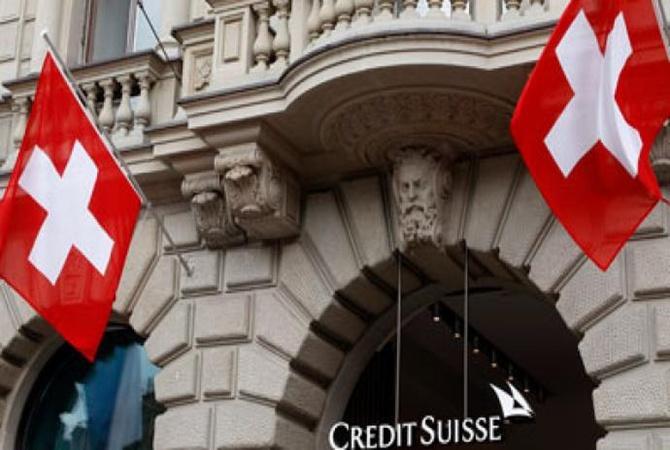
Image: There are many reasons why Indians prefer to save or invest abroad. Photograph: Reuters
Real estate - India's most vigorous activity after politics - both creates and absorbs black money. Hotels, restaurants, tourism, what are called events and valet parking revolve giddily on cash.
No wonder the Raja Chelliah committee recommended milking the flourishing service industry with a special tax.
Ramkrishna Bajaj's preface to Assocham's 1991 report on black money noted that the parallel economy was 21 per cent of India's gross domestic product.
The economy might collapse if black money dried up. Hawala transactions and terrorism funding, as well as election budgets, would have to find other channels.
Assocham also recorded that 21 schemes had failed in the previous 25 years to bring unaccounted funds into the mainstream. Why?
The reasons for black money that businessmen who fund all parties give - high taxes, bureaucratic complexities and stringent exchange control - have gone. Yet, more funds are sent abroad now.
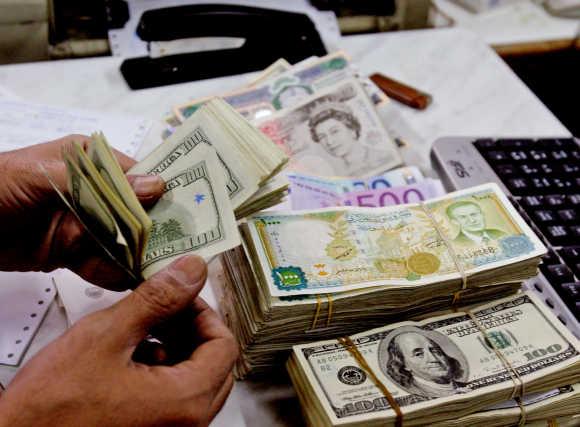
Image: India has so far received over 9,900 pieces of information from several countries regarding suspicious transactions by Indian citizens. Photograph: Reuters
Again, why? Clearly, rich Indians have little confidence in India.
Perhaps we are also chronically dishonest.
Moral outrage, much of it simulated, and political one-upmanship will achieve nothing if that is so.
Nor will new laws if action on the ground remains bumbling.
My old friend Anand Bikram Shah, now long dead, was very worried once because the Central Bureau of Investigation (CBI) had summoned him with his passport.
I advised him to reply though although residing in Kolkata, he was Nepalese and related to the then reigning King Birendra.

Image: A worker climbs on a ladder under the logo of Swiss bank UBS at the company's headquarters in Zurich. Photograph: Arnd Wiegmann/Reuters
He would be happy to comply if the CBI still wanted him. He heard nothing more.
Another anecdote. As my brother, a Canadian citizen, was once changing some dollars at the airport, I expressed surprise at the absence of forms to fill.
"Nobody would change dollars here if they weren't legitimate!" the cashier replied without looking up from the notes he was counting.
Yet, a CBI notice often arrived months after my brother paid for a purchase in Kolkata with a foreign credit card.
My mother always wrote back to say he was a Canadian citizen and she was forwarding the notice to him in Montreal or Monrovia, wherever he was.
There matters ended. Instead of chasing chimeras or politically motivated witch-hunts, we need to focus realistically on the phenomenon of black money.
The point is not how it is created but why. Answer that, and you've solved the problem. Meanwhile, as Pradip Burman's statement indicates, not every foreign account is illegal.
Nor does money abroad have to be black.
There are many reasons why Indians prefer to save or invest abroad.
Exploring those would be more rewarding than the Supreme Court's pursuit of the Holy Grail of integrity, Anna Hazare's bid to edge back into the limelight, or the middle-class envy and greed that TV crusades exploit.
Jethmalani is carried away on tides of passion as on the eve of Bill Clinton's state visit when he urged Atal Bihari Vajpayee to sign a mutual defence treaty with the US.
When Manmohan Singh visited Singapore as finance minister and spoke of India's financial needs, a German-Swiss journalist told him there were too many rich Indians with Swiss accounts for Europeans to think of India as a poor country.
I know, Singh replied, or words to that effect, that's why I hope to persuade some of them to invest in India.
Narendra Modi should also set himself that goal instead of playing to the gallery with farcical 100-day vows.
As a politician, he is obliged to do what the Congress didn't. Yet he is probably as aware as Singh was that the economy would grind to a shuddering halt if black money were suddenly withdrawn.
Someone of his earthy common sense must know the solution lies in making India worth investing in, a country where Indians choose to retain their money, instead of buying car factories and steel mills in distant places.
Punitive campaigns may catch some small fry but the big fish - who make and unmake policy - will buy their way out until Modi can restore Indian confidence in India.



